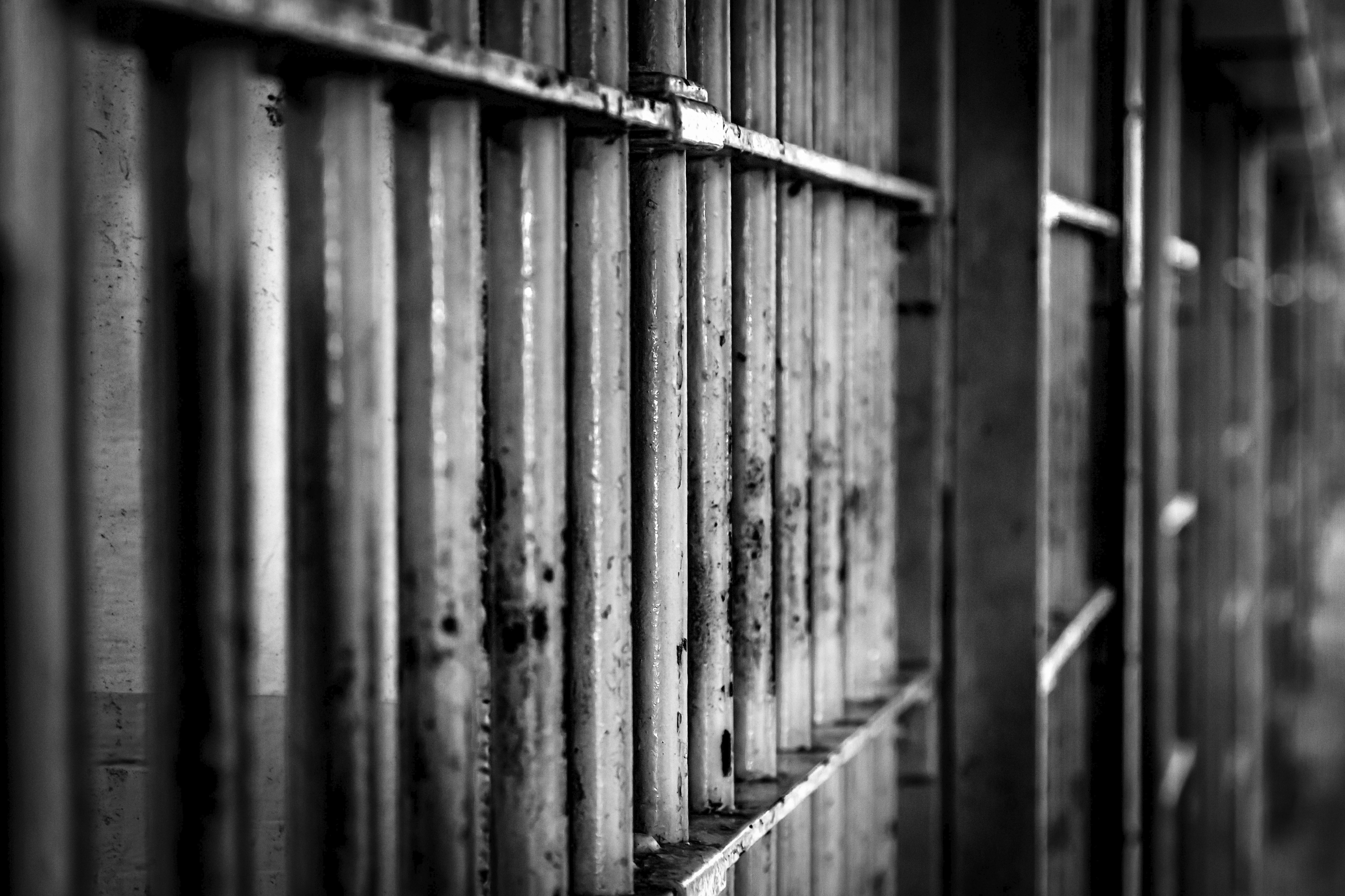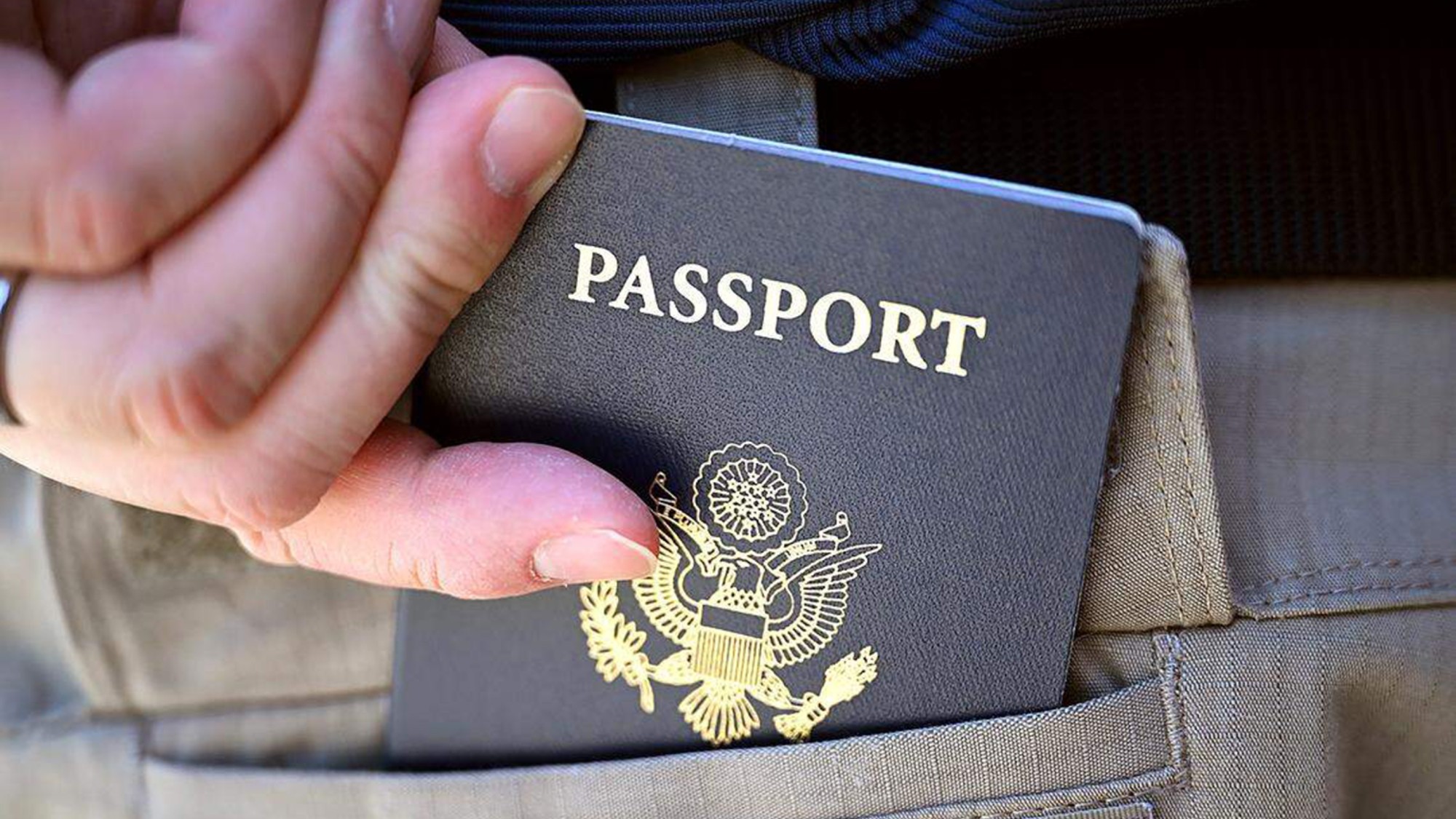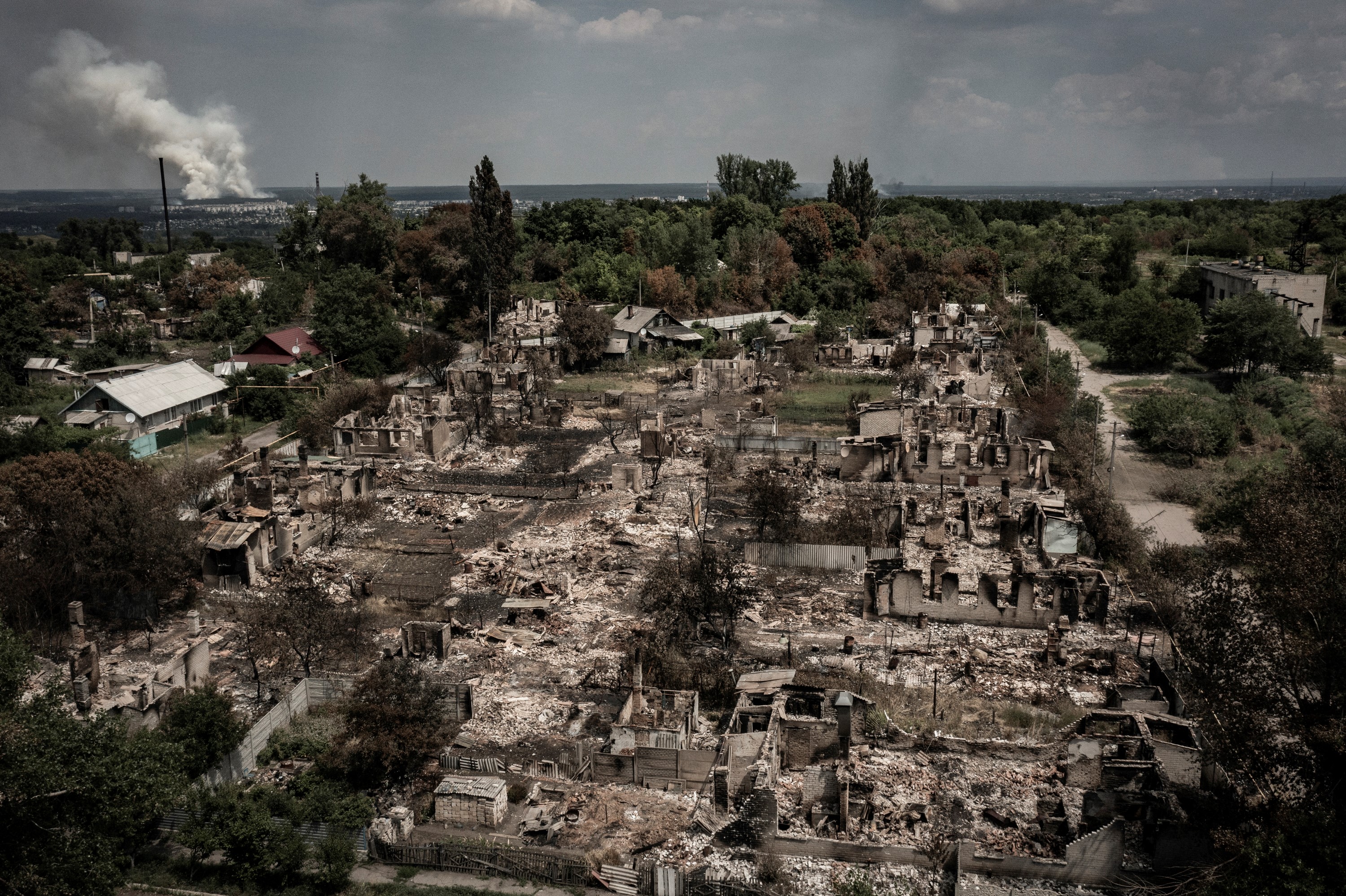Sandra Bland, and the national horror of jail suicides
America is finally waking up to a massive problem in the incarceration system


The case of Sandra Bland, who apparently committed suicide in jail following a ludicrously unjust traffic stop, has brought the problem of jail suicides into sharp relief. In a welcome change, national media outlets are reporting new cases as they happen — and it turns out there are a whole lot of them.
This is a grim but highly necessary development. Because most people in jail have not been convicted of a crime, jail suicide is one of the worst atrocities in a criminal justice system that is full to bursting with them. And relatively simple reforms might make the situation better for a great number of innocent people.
When Bland was first reported dead by suicide, many were suspicious. Did the police simply kill her and then report the death as a suicide? But even though a full investigation has yet to be done, it is, unfortunately, very easy to believe she might have killed herself.
The Week
Escape your echo chamber. Get the facts behind the news, plus analysis from multiple perspectives.

Sign up for The Week's Free Newsletters
From our morning news briefing to a weekly Good News Newsletter, get the best of The Week delivered directly to your inbox.
From our morning news briefing to a weekly Good News Newsletter, get the best of The Week delivered directly to your inbox.
It's important to remember that jails are distinct from prisons — jails are for minor crimes, for people who have just been arrested, or for those who simply can't afford bail. And suicides are extremely common in them, as I discovered when I investigated the jail system a few months ago. The background rate of suicide in America is about 13 per 100,000, while as of 2012 that of people in prison was only slightly higher, at 16. But in jails, the rate is 40.
So how many people are we talking about? The Bureau of Justice Statistics does not collect much granular, Census-style data on jail inmates (instead, overall demographic data is collected on the jail level). However, with some informed guesswork, we can estimate the general demographic character of jail suicides.
As of mid-2014, there were 740,400 people in American jails, about one-third of the total number of incarcerated people in the country. Assuming the suicide rate from 2012 holds, that means about 300 suicides total. Assuming also that the general male-female breakdown holds across races (85 percent of inmates are male), and that all groups commit suicide at roughly equal rates, then we can make the following rough guess: Of the 300 probable suicides last year, 123 were white men and 21 white women; 92 black men and 16 black women; 38 Latino men and seven Latino women. (The remainder come from smaller race groups.)
A few caveats are necessary, of course. Likely there are disproportionately more black women in jail (though this has been changing recently), and likely minorities are treated worse in jail and hence commit suicide at higher rates. Furthermore, suicides alone don't come close to accounting for all the unjust deaths in jail — people routinely die in jail due to a lack of basic medical care, for example.
A free daily email with the biggest news stories of the day – and the best features from TheWeek.com
Still, the simple demographic extrapolation is staggering. Note especially that black men are fairly close to whites in numbers, despite there being nearly six times as many white people in the country.
So why do people commit suicide? It actually makes a horrible sort of sense. When people go to prison, they have had some time to adjust, they know what to expect, and the prison officials know something about them. But when someone is arrested and thrown in jail, they have just been through an awful, traumatic experience, might be coming down or withdrawing from a drug, or might need some medication and aren't getting it.
Perhaps worst of all when it comes to a law-abiding person like Sandra Bland, being thrown in jail can be an existentially terrifying experience. When someone has long been an upstanding citizen, the impersonal violence and shameful associations of being incarcerated for the first time can quickly lead to utter despair. Hence, "[t]he highest-risk time [for suicide] is the first 24 to 48 hours after a person is arrested," the ACLU's David Fathi told me.
And it must be emphasized again, 62 percent of jail inmates have not been convicted of a crime. "Innocent until proven guilty" is a particularly sick joke if one's jail system is so brutal a nontrivial number of arrestees kill themselves before trial.
So what is to be done? Read here for a more extensive program. But one obvious place to focus is the disparity in care between jail and prisons. What little therapy and counseling that exists in the incarceration system typically goes to prisons, because jails are run by skinflint local jurisdictions. The result is obvious to all.
Ryan Cooper is a national correspondent at TheWeek.com. His work has appeared in the Washington Monthly, The New Republic, and the Washington Post.
-
 US citizens are carrying passports amid ICE fears
US citizens are carrying passports amid ICE fearsThe Explainer ‘You do what you have to do to avoid problems,’ one person told The Guardian
-
 All roads to Ukraine-Russia peace run through Donetsk
All roads to Ukraine-Russia peace run through DonetskIN THE SPOTLIGHT Volodymyr Zelenskyy is floating a major concession on one of the thorniest issues in the complex negotiations between Ukraine and Russia
-
 Why is Trump killing off clean energy?
Why is Trump killing off clean energy?Today's Big Question President halts offshore wind farm construction
-
 'Once the best in the Middle East,' Beirut hospital pleads for fuel as it faces shutdown
'Once the best in the Middle East,' Beirut hospital pleads for fuel as it faces shutdownSpeed Read
-
 Israeli airstrikes kill senior Hamas figures
Israeli airstrikes kill senior Hamas figuresSpeed Read
-
 An anti-vax conspiracy theory is apparently making anti-maskers consider masking up, social distancing
An anti-vax conspiracy theory is apparently making anti-maskers consider masking up, social distancingSpeed Read
-
 Fighting between Israel and Hamas intensifies, with dozens dead
Fighting between Israel and Hamas intensifies, with dozens deadSpeed Read
-
 United States shares 'serious concerns' with Israel over planned evictions
United States shares 'serious concerns' with Israel over planned evictionsSpeed Read
-
 Police raid in Rio de Janeiro favela leaves at least 25 dead
Police raid in Rio de Janeiro favela leaves at least 25 deadSpeed Read
-
 Derek Chauvin's attorney files motion for new trial
Derek Chauvin's attorney files motion for new trialSpeed Read
-
 At least 20 dead after Mexico City commuter train splits in overpass collapse
At least 20 dead after Mexico City commuter train splits in overpass collapseSpeed Read
